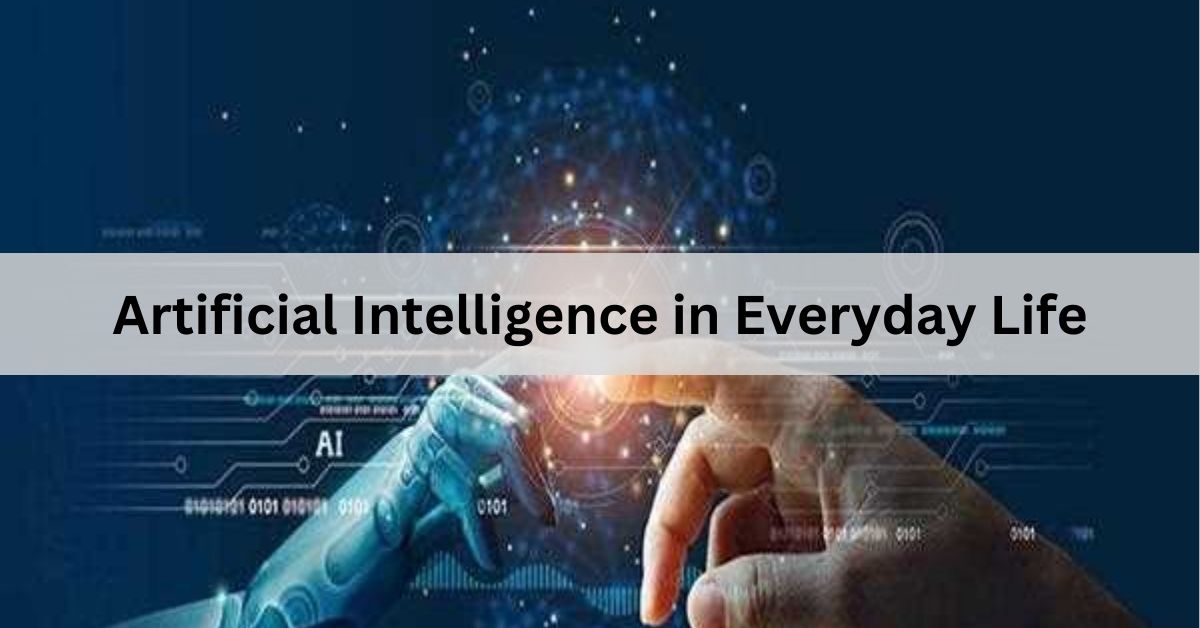Artificial Intelligence (AI) has rapidly transformed from a concept of science fiction to a fundamental technology shaping our daily lives. This article explores the various facets of AI, from its applications in healthcare to its ethical implications and future trends.
Introduction to AI Technology
AI refers to the simulation of human intelligence in machines that are programmed to think and learn like humans. It encompasses a wide range of technologies, including machine learning, natural language processing (NLP), and computer vision. These advancements enable machines to perform tasks that traditionally required human intelligence, such as speech recognition, decision-making, and problem-solving.
AI Applications in Healthcare
One of the most promising areas of AI application is healthcare. AI-powered systems can analyze complex medical data with remarkable accuracy, aiding in early disease detection, personalized treatment plans, and even robotic surgeries. This technology has the potential to revolutionize patient care by improving diagnostic speed and accuracy, ultimately saving lives.
AI in Autonomous Vehicles
Autonomous vehicles (AVs) are another significant application of AI, promising safer and more efficient transportation. AI algorithms enable AVs to perceive their environment, make decisions in real-time, and navigate complex road conditions autonomously. This technology not only enhances road safety but also paves the way for a future where transportation is more accessible and sustainable.
Ethics and AI: Privacy Concerns
Despite its benefits, AI raises ethical concerns, particularly regarding privacy. AI systems rely on vast amounts of data to operate effectively, raising questions about data privacy, security breaches, and the ethical implications of AI-driven decision-making. Striking a balance between innovation and safeguarding individual rights remains a critical challenge in the development and deployment of AI technologies.
Future Trends in AI Development
Looking ahead, AI is poised to continue its rapid evolution. Future trends include advancements in explainable AI, which aims to make AI systems more transparent and understandable to humans. Additionally, AI is expected to play a pivotal role in fields such as climate modeling, personalized education, and predictive analytics, further integrating into various aspects of our everyday lives.
Blockchain Technology Explained
In addition to AI, blockchain technology is another transformative innovation. Unlike traditional databases, blockchain operates as a decentralized ledger, recording transactions across a network of computers. It offers transparency, security, and immutability, making it suitable for applications such as cryptocurrency transactions, supply chain management, and secure voting systems.
Conclusion
Artificial Intelligence and blockchain technology are reshaping industries and everyday life. AI’s advancements in healthcare and autonomous vehicles promise enhanced efficiency, while blockchain offers unprecedented security in transactions. Despite their benefits, ethical concerns around privacy and transparency persist. As these technologies evolve, balancing innovation with ethical considerations will be crucial. Embrace the transformative potential of AI and blockchain as we navigate towards a more connected and intelligent future.

























+ There are no comments
Add yours